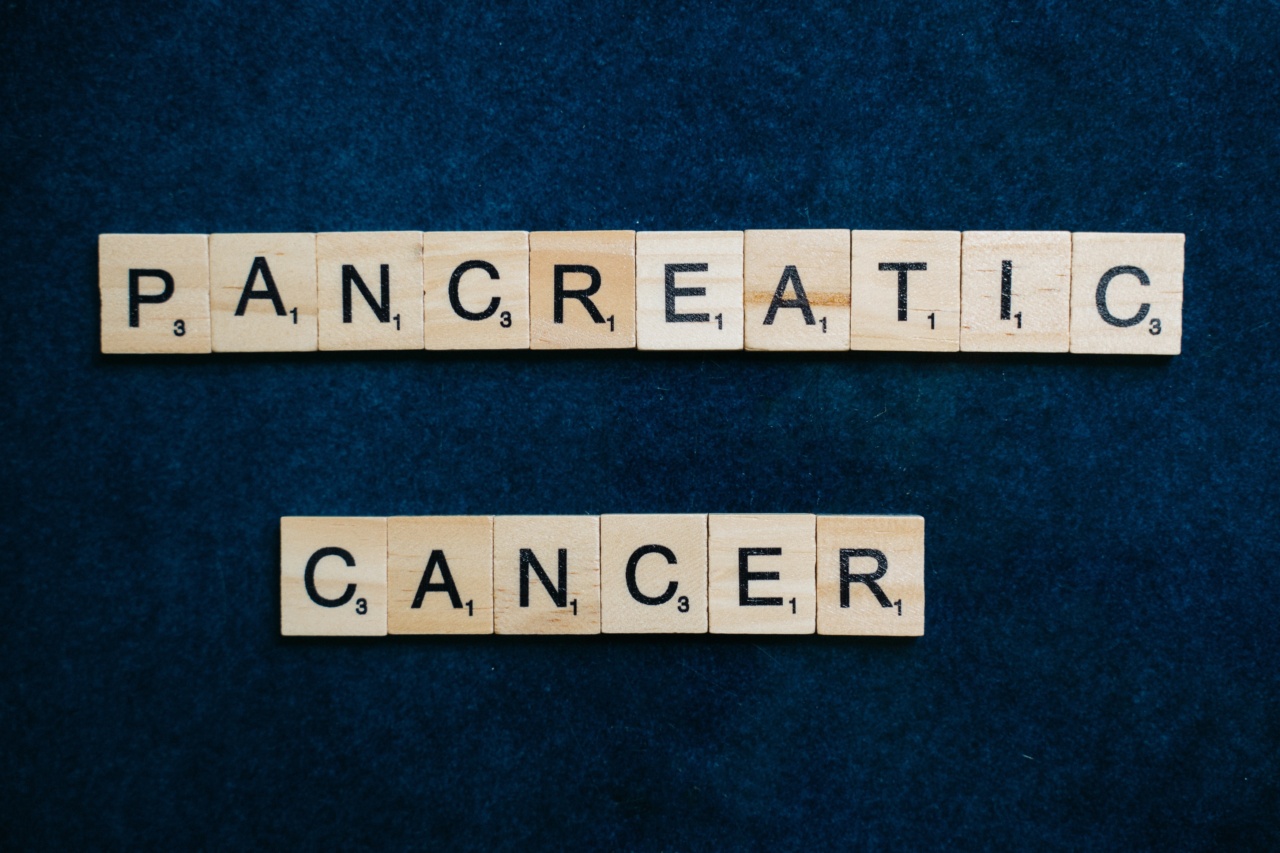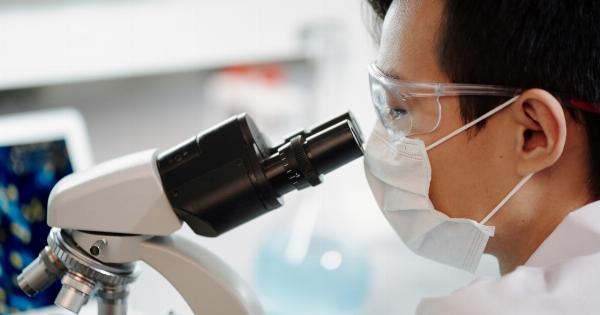Pancreatic cancer is one of the most challenging cancers to treat due to its aggressive nature and the difficulty in detecting it at an early stage.
The current treatments available for pancreatic cancer include surgery, chemotherapy, radiation therapy, and targeted therapy. However, even with these options, the survival rate of pancreatic cancer is still low. Recent advancements in the field of cancer treatment have paved the way for a new and promising approach to treating pancreatic cancer.
What is Pancreatic Cancer?
Pancreatic cancer starts in the pancreas, a gland that is located behind the stomach and in front of the spine. The pancreas is responsible for producing enzymes that aid in digestion and hormones that regulate blood sugar levels.
Pancreatic cancer occurs when abnormal cells in the pancreas grow out of control and form a tumor. This tumor can spread to nearby organs and tissues, making it difficult to remove.
How is Pancreatic Cancer Treated?
The treatment for pancreatic cancer depends on the stage of the cancer, the location of the tumor, and the overall health of the patient. The most common treatment options for pancreatic cancer include:.
- Surgery: Surgery to remove the tumor is the most effective treatment for pancreatic cancer, but it is only possible if the tumor has not spread outside of the pancreas. In some cases, surgeons may also remove the portal vein, a large vein that carries blood from the digestive organs to the liver.
- Chemotherapy: Chemotherapy uses drugs to kill cancer cells. It can be given before or after surgery and is used to shrink the tumor and prevent it from spreading.
- Radiation therapy: Radiation therapy uses high-energy rays to kill cancer cells. It may be used before or after surgery or in combination with chemotherapy.
- Targeted therapy: Targeted therapy is a newer type of cancer treatment that uses drugs to target specific genes or proteins that are found in cancer cells.
The New Approach: Removal of the Tumor and Portal Vein
A new and promising approach to treating pancreatic cancer involves removing not only the tumor but also the portal vein. The portal vein is a large vein that carries blood from the digestive organs to the liver.
It is often affected by pancreatic cancer and can be difficult to remove. However, recent advancements in surgical techniques have made it possible to remove both the tumor and the portal vein, resulting in better outcomes for patients.
The procedure, known as the “venous resection and reconstruction” surgery, involves removing the tumor and the portion of the portal vein that is affected by cancer.
The surgeon then replaces the removed portion of the vein with a graft made from synthetic material or a vein from another part of the body. This new vein connects the digestive organs to the liver, allowing the blood to flow as it did before the surgery.
The Benefits of Removing the Tumor and Portal Vein
The removal of the tumor and portal vein has several benefits for patients with pancreatic cancer. Firstly, it increases the chances of complete removal of the tumor, which is the most effective way to treat pancreatic cancer.
Secondly, it reduces the risk of the cancer returning by removing all the affected tissue and ensuring that no cancer cells are left behind. Thirdly, it improves the quality of life for patients as they are less likely to experience complications such as bleeding or infection. Finally, this approach results in better survival rates and long-term outcomes for patients.
Risks Associated with the Surgery
While the removal of the tumor and portal vein has several benefits, there are also risks associated with the surgery. These risks include bleeding, infection, blood clots, and damage to nearby organs.
However, these risks can be minimized by choosing a skilled and experienced surgical team and following post-surgery care instructions closely.
Conclusion
Pancreatic cancer is a challenging disease to treat, but recent advancements in surgical techniques have made it possible to remove both the tumor and the portal vein, resulting in better survival rates and outcomes for patients.
Removal of the tumor and portal vein has several benefits, including increased chances of complete removal of the tumor, a reduced risk of the cancer returning, improved quality of life, and better long-term outcomes. While there are risks associated with the surgery, they can be minimized by choosing a skilled and experienced surgical team and following post-surgery care instructions closely.


























